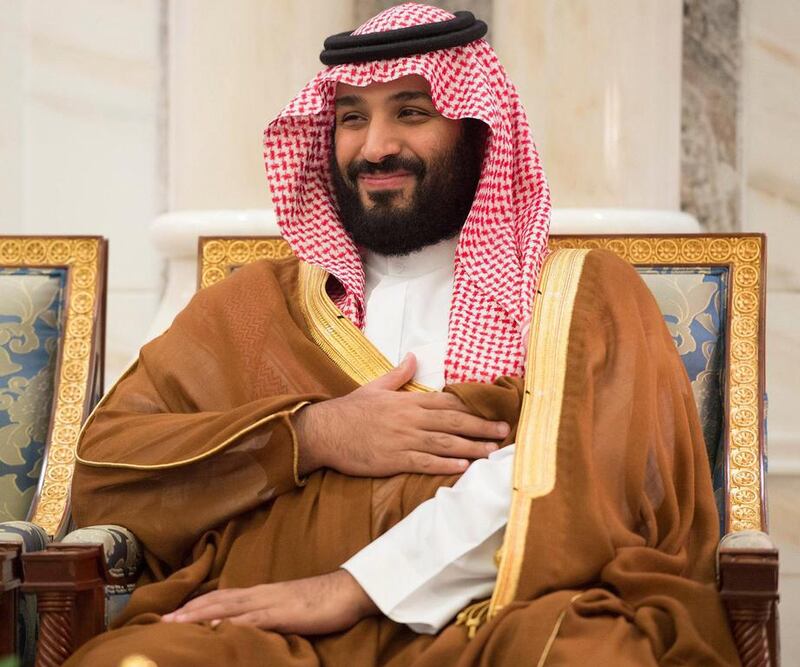In changing the order of succession for the first time since 1932 and reorganising the kingdom’s internal power structure, a series of decrees announced by Saudi Arabia’s King Salman on June 21 were nothing short of unprecedented. They aim to guarantee the kingdom’s stability for decades to come and reassure its neighbours and foreign investors amid regional political volatility and other changes.
Mohammed bin Salman replaces 57-year-old Mohammed bin Nayef as crown prince and deputy prime minister. For the first time since Saudi’s founder passed power to his son, the order of succession will not be transferred laterally between brothers, but rather vertically, with King Salman preparing to hand power to his son.
The decrees mark an unprecedented generational power shift. But beyond the impact of the announcement, hindsight tells us it was not too much of a surprise. The decrees are the culmination of a political rupture that has been two years in the making. The decrees also represent a permanent shift from the cautious and incremental political changes that typified the kingdom’s approach between 1962 and 2015 to the ambitious and rapid reforms more in tune with 21st-century statecraft.
The appointment of Mohammed bin Salman also solidified rumours that had been flying around since his father came to power in January 2015. Indeed, since the elevation of King Salman to the throne – and some would argue prior to this – the young crown prince has increasingly consolidated his power to carve out a pivotal role in Saudi affairs, gaining visibility and popularity through a series of interviews with international media outlets and high-profile visits to Russia, China and the US. In addition, over the past two years, the crown prince has been the main decision-maker over the military intervention in Yemen, Saudi Vision 2030 and major defence and energy contracts. As such, his latest appointment is the final chapter in a shift initiated by Saudi Arabia’s leadership.
In that sense, the decrees represent a clear vote in favour of continuity and reaffirm ambitions to modernise the kingdom. They also give carte blanche to the new crown prince to maintain, and even speed up, the tempo of some of the policies previewed in the first year of King Salman’s rule – from reducing the country’s reliance on oil revenue to continuing the implementation of Vision 2030.
And, in his capacity as minister of defence, Mohammed bin Salman will continue pushing a more assertive foreign policy in the region, from the kingdom’s ongoing role in the Yemen war to confrontations with Iran, Qatar and beyond as it seeks further political rapprochement with the Trump administration.
Last but not least, the decrees have further renewed Saudi Arabia’s commitment to balancing the royal family’s younger generation with its elders, anchoring a new style of politics.
Since a series of decrees announced in April 2017, an assortment of princes from the third- and fourth-generation of the Al Saud family have been appointed ministers, deputy governors, advisers, and ambassadors, providing the new crown prince with a diverse base of support among a new cohort of royals. Powerful new faces are emerging in the kingdom and are likely to become influential in the coming years, if not decades.
Furthermore, this new generation is now better placed to represent the predominantly young population – with more than 60 per cent of citizens under the age of 30 – and cater to its growing needs and dreams, starting with better access to education, jobs, housing, and leisure activities.
More than just a rupture with the past, this latest move puts an end to a series of uncertainties and brings more visibility to what lies ahead for the kingdom politically. Furthermore, the change in leadership marks a permanent departure from the norm of the country’s internal politics, signalling the country’s deep resilience and willingness to adapt to the challenges of our time.
Mylene Tisserant is a senior analyst at The Delma Institute, a risk advisory firm in Abu Dhabi.
On Twitter @mylenetisserant





